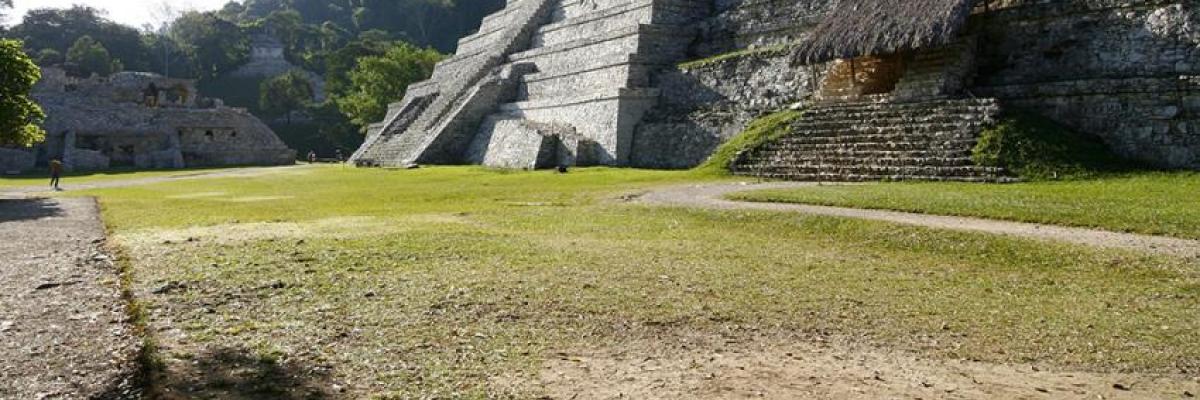
K'iche'

The four-part sequence in Maya K'iche' (1010, 1020, 2010, 2020) is is designed to introduce students to three core content areas: K’iche’ language, Maya linguistics, and Maya culture.
We start with the basics (“Rin María nub’i’” = “My name is María”) and we move through original research in digitizing oral histories(link is external), and literary analysis of ancient and contemporary K’iche’ texts. These range from the pre-Columbian Popol Vuh, sometimes called the Maya Book of Creation, to the 21st-century verse of Humberto Ak’ab’al and speeches of Nobel Prize winner Rigoberta Menchú.
This combination of language and linguistic study allows students to understand complex workings, like the relationship of sound to syntax, and language to literature, in an understudied cultural context. In this way, the study of an important indigenous language from Latin America (and one that is spoken here in Virginia) can contribute to their coursework in other areas, especially linguistics, anthropology, literature, and Latin American studies.
The class is taught at Vanderbilt, but a new partnership with Duke, Vanderbilt, and UVa(link is external) allows students at consortium schools to study three important, less commonly taught languages: Haitian Creole, Maya K’iche’, and Tibetan.
After completing level I, undergraduate students are eligible to apply for FLAS funding for the 6-week summer program in Nahualá, Guatemala, sponsored by Tulane University, the University of Chicago, University of New Mexico, University of Texas, and Vanderbilt University. Graduate students are eligible to apply at any level.
Maya K’iche’ (Qatzijob'al, or “our language” in K’iche’) is spoken by over one million people in the western highlands of Guatemala, and diasporic Mayan communities throughout Central and North America. Among the 29 officially recognized Mayan languages – spoken by some 6 million people – it is one of the largest. The medical and botanical traditions of the K’iche’ people are studied by health practitioners around the world, as are the community’s rich artistic, literary, and spiritual traditions. By studying K’iche’, you will learn new ways to read the remains of the past and engage in some of the most important issues of our own time – environmental conservation, cultural resilience, and the power of language to communicate true knowledge.